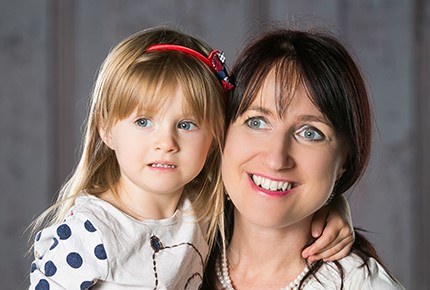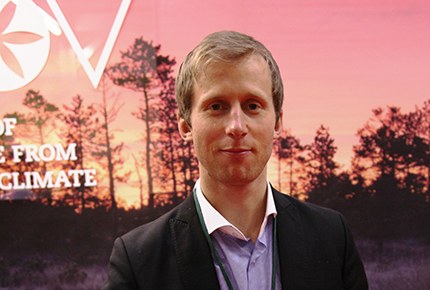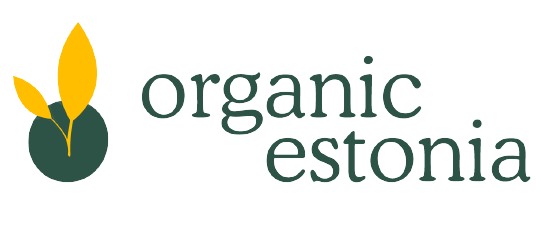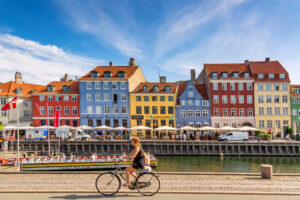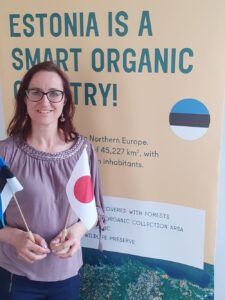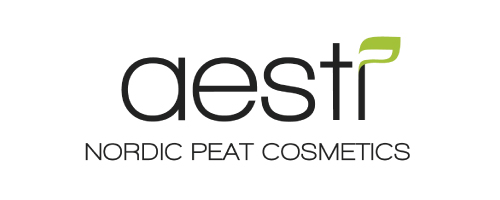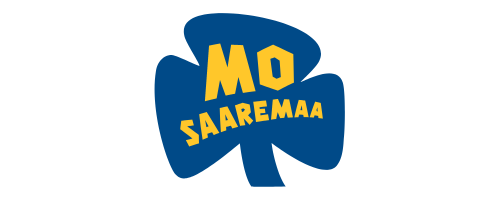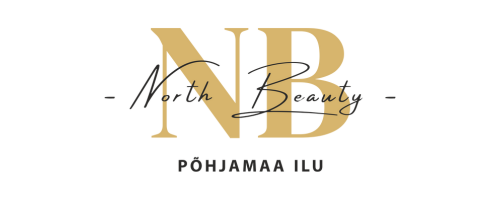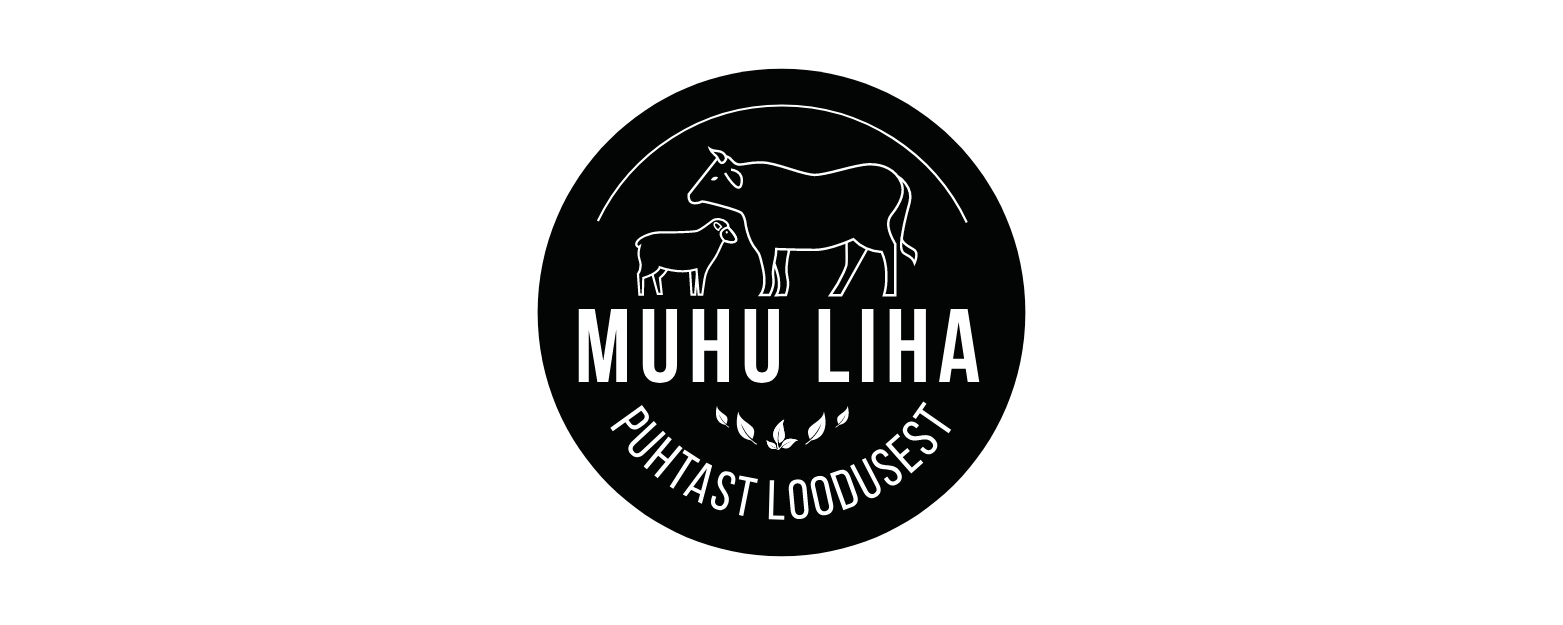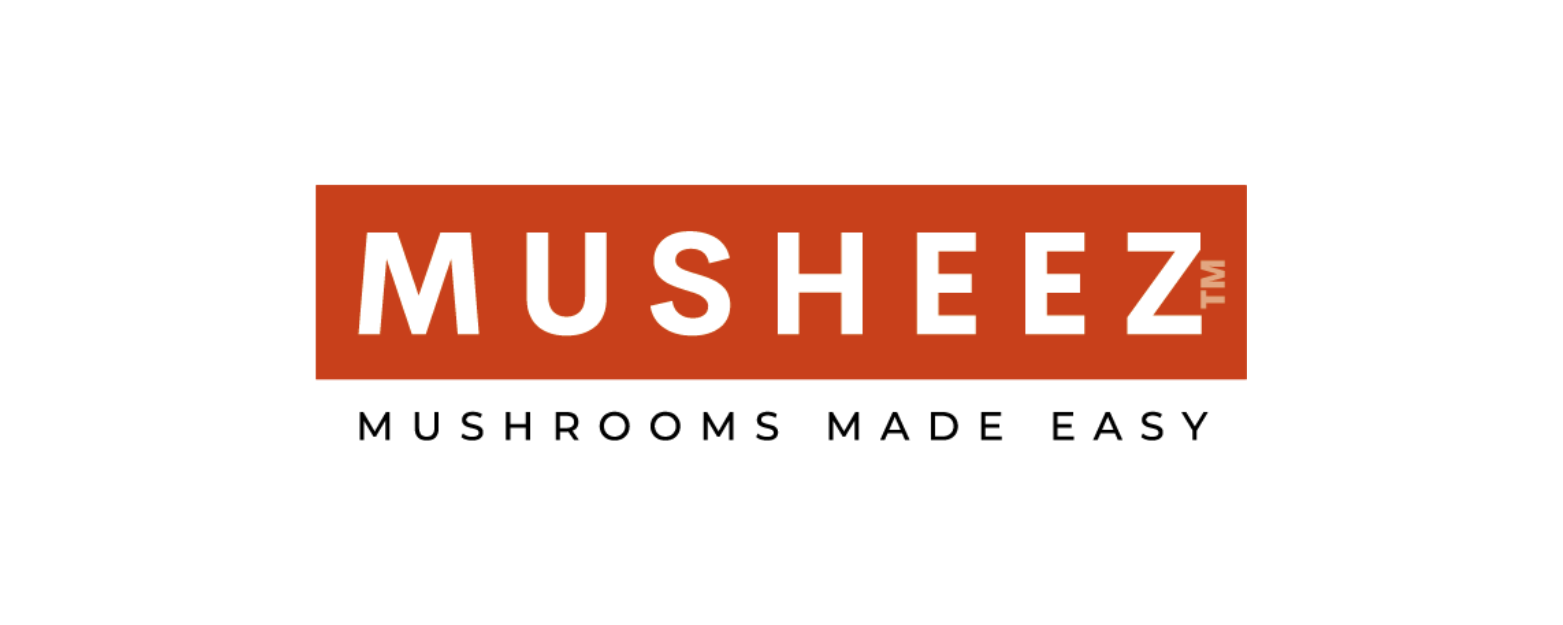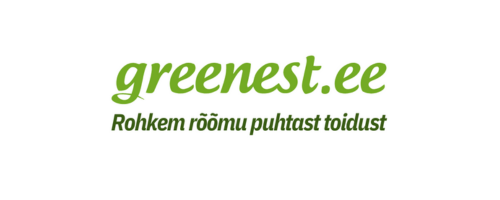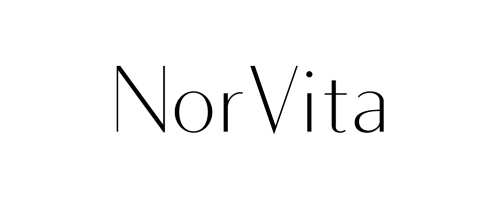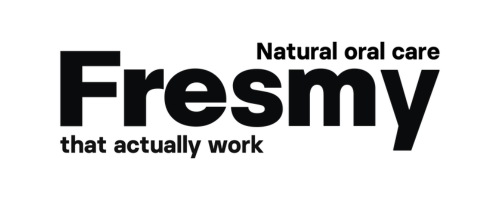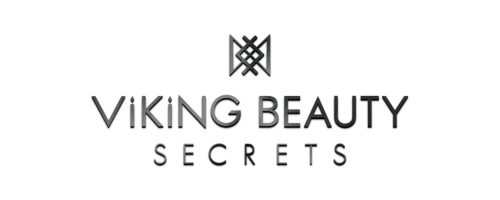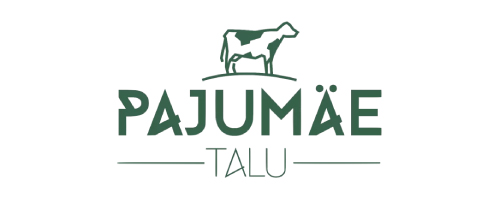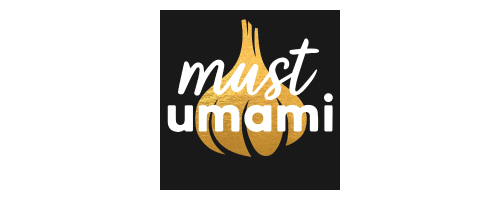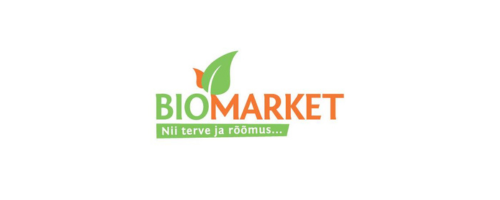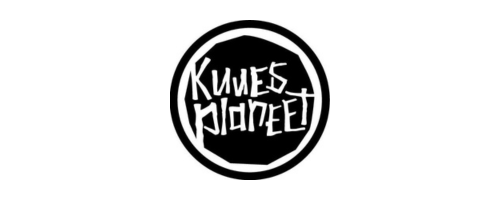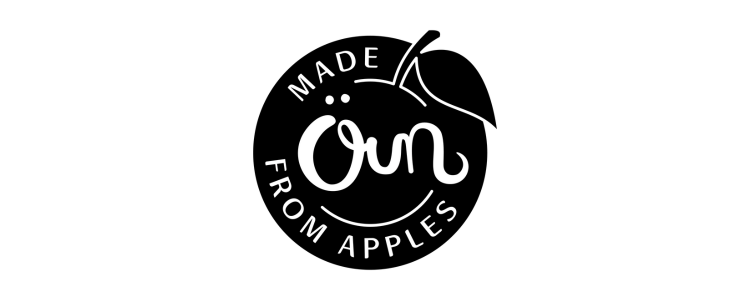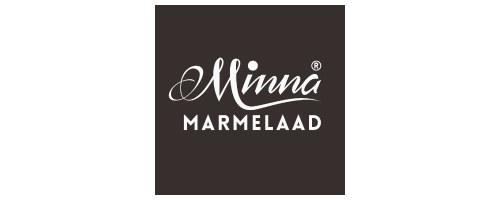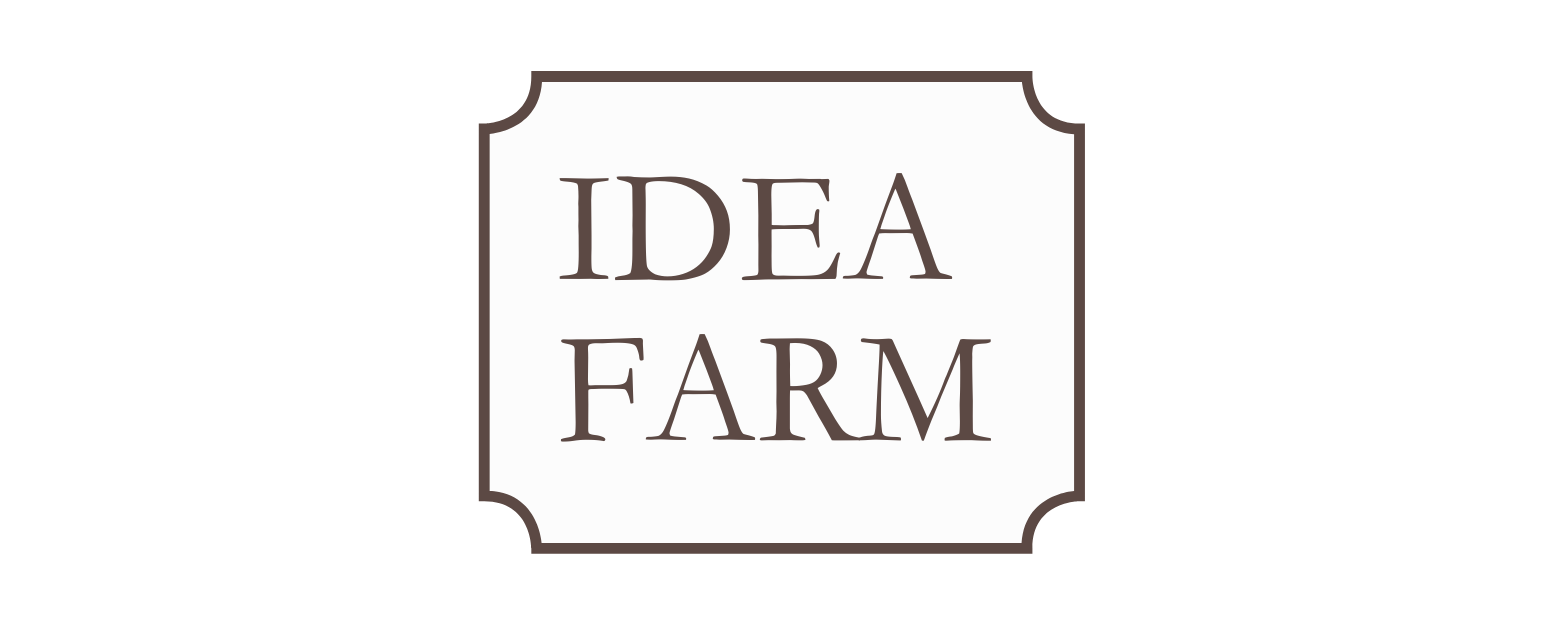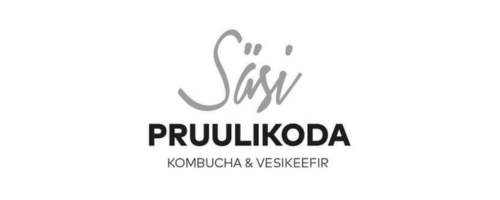Welcome to Estonia - Organic food, bio food, organic products, natural foods, bio food, baby food
Recent news
Organic Estonia: Organic and natural products from Estonia presented for the first time at a popular Japanese department store
Organic facts
In today’s world, Estonia is a very rare sight. Its enormous amount of free space and abundant nature has very little human influence. We have a rich historical culture, a clean environment, and a strong commitment to staying local. With well-preserved knowledge of traditional harvesting, and a fast growing interest in continuing the necessity behind organic farming, it’s the harmony of that spirit, together with nature’s bounty, that will see an even better and thriving Estonia.
51%
of Estonia's territory is covered by forests
45%
of Estonian forests are potential organic harvesting area
22%
of Estonian arable land is organic
23%
of Estonia is a nature reserve
Map of organic areas and air monitoring
The map of Estonian organic areas gives an overview of organic fields, harvesting areas, and apiaries. The International Air Surveillance Map provides you with real time air monitoring results from around the world.
Being organic is the only sustainable way of life
Organic production is environmentally friendly and does not use hazardous pesticides. This increases soil biodiversity and fertility, improves the environment for animals and birds and provides cleaner products for humans.
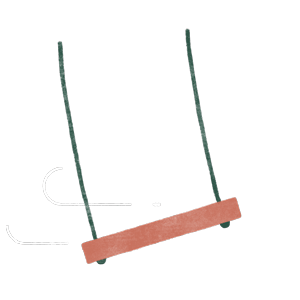
Gives impetus to rural life
The organic economy creates new jobs and high value-added products, providing unique opportunities to reach foreign markets.
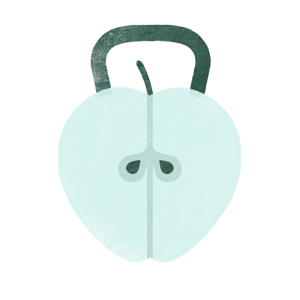
Gives strength to the body
A clean environment and products are the best remedies for our body and health. Thus, less resources are spent on treating diseases and more on prevention.
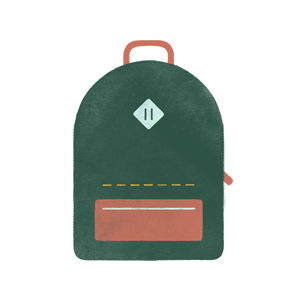
Gives children a future
Organic management looks to tomorrow, ensuring a dignified life for future generations.
Organic products
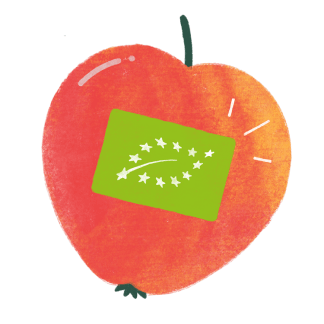
Several labelling systems have been set up in Estonia and Europe to simplify choices. The easiest way to identify an organic product is by the use of the organic logo of the European Union, since its use is compulsory.
In addition, the labels are further divided into organic and eco-labels. The organic product is usually edible and of agricultural origin. Eco-products are generally manufactured goods, and their raw materials may come from different sources.
Organic ambassadors


